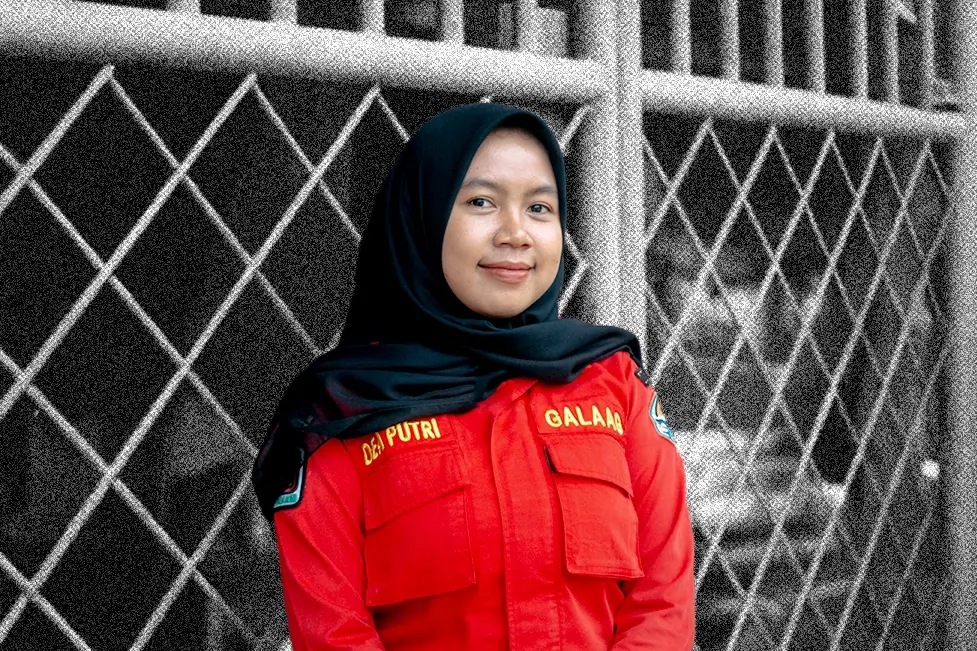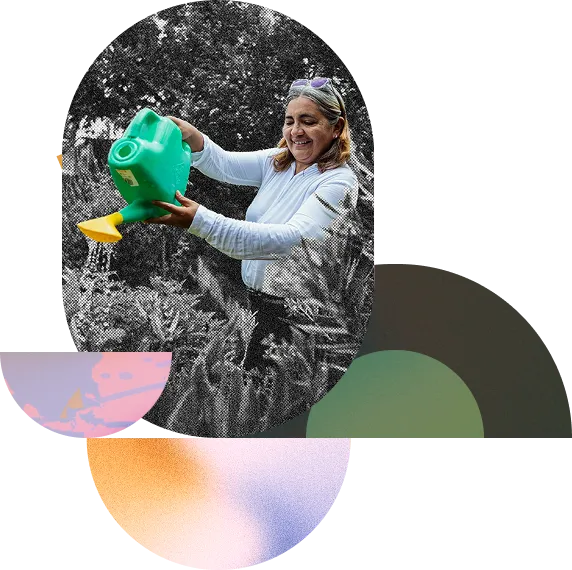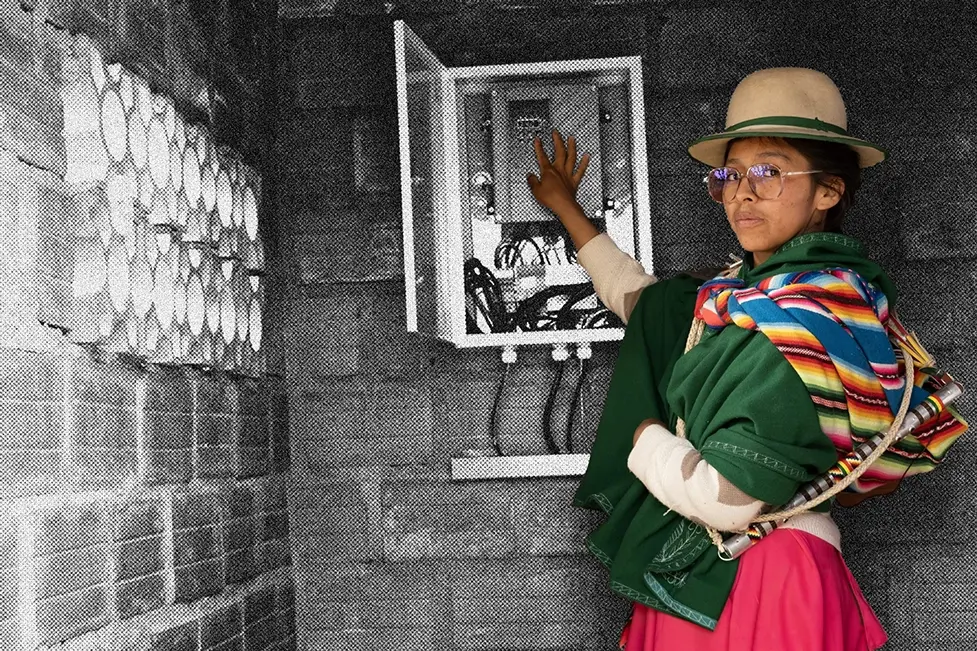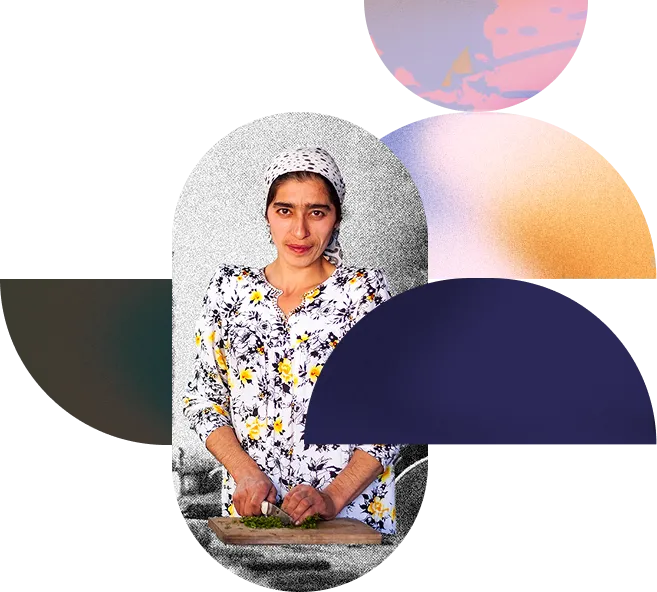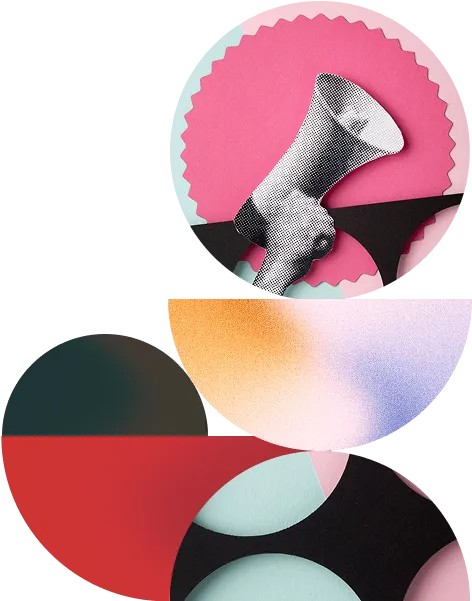Why
Wait?
What we gain when we choose equality for women and girls


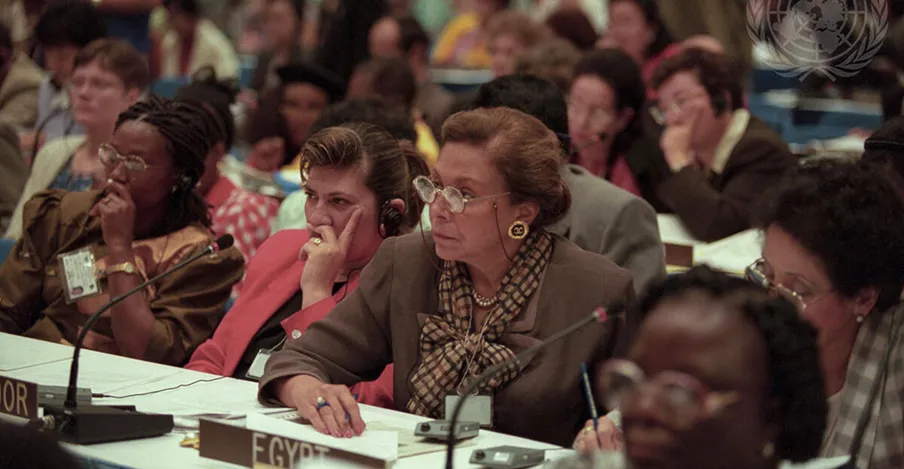
The Beijing Declaration and Platform for Action, adopted unanimously at the Fourth World Conference on Women, established a global roadmap and reinforced the world’s commitment to gender equality as a global goal.
And yet.
Thirty years of progress — with more work ahead
Despite progress, the economic inequalities women face remain deeply woven into societies and institutions, which can exacerbate other challenges that they face, such as domestic violence. From inadequate social protections like paid parental leave and childcare services, which prevent women from joining or staying in the labour force, to higher tax rates for second – often female – earners, a range of policies are negatively impacting women’s lives.
UNDP’s Gender Equality Seal for Public Institutions is a voluntary programme in over 100 public institutions in more than 30 countries. It helps institutions, from environment ministries to finance and tax authorities, strengthen policy reforms, better meeting the needs of women, in all their diversity.

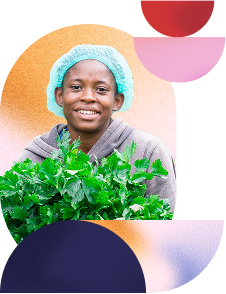
Making economies work for women
About 3.9 billion women face legal barriers to their economic security, while at the same time, women do at least two and a half times more unpaid work than men. Through its flagship Equanomics programme, UNDP supports countries as they expand care systems, reform fiscal policies and generate data to inform policy change.
Whether it is supporting firefighters in Indonesia, skills training in Moldova or solar energy programmes in Bolivia, our donors and partners are behind UNDP investments that are unleashing the economic power of women and helping to build a greener, more sustainable and more inclusive world for all.
Investing in
an equal world
While progress has been made, there is still a long way to go. Some 612 million women and girls were living in the brutal context of armed conflict in 2023 –with conflict-related sexual violence skyrocketing by 50 percent, while 1 in every 10 women in the world live in extreme poverty.
A global backlash against women’s and girls’ rights is also threatening to reverse hard-won gains. Women have two thirds of the legal rights of men, and women leaders and human rights defenders face increasing violence, surveillance and harassment.
And despite vast global wealth, women are being asked to accept that it will take hundreds of years before they can take their place as equals.
The choices the world is making mean it will take about 137 years to end extreme poverty for women and 257 years to close the gender pay gap.
This is not only unjust but also comes at a high price for everybody. Instead of continuing to condemn even more generations of women and girls to poverty, UNDP is calling for greater investment and action to help build a more just and equal world.
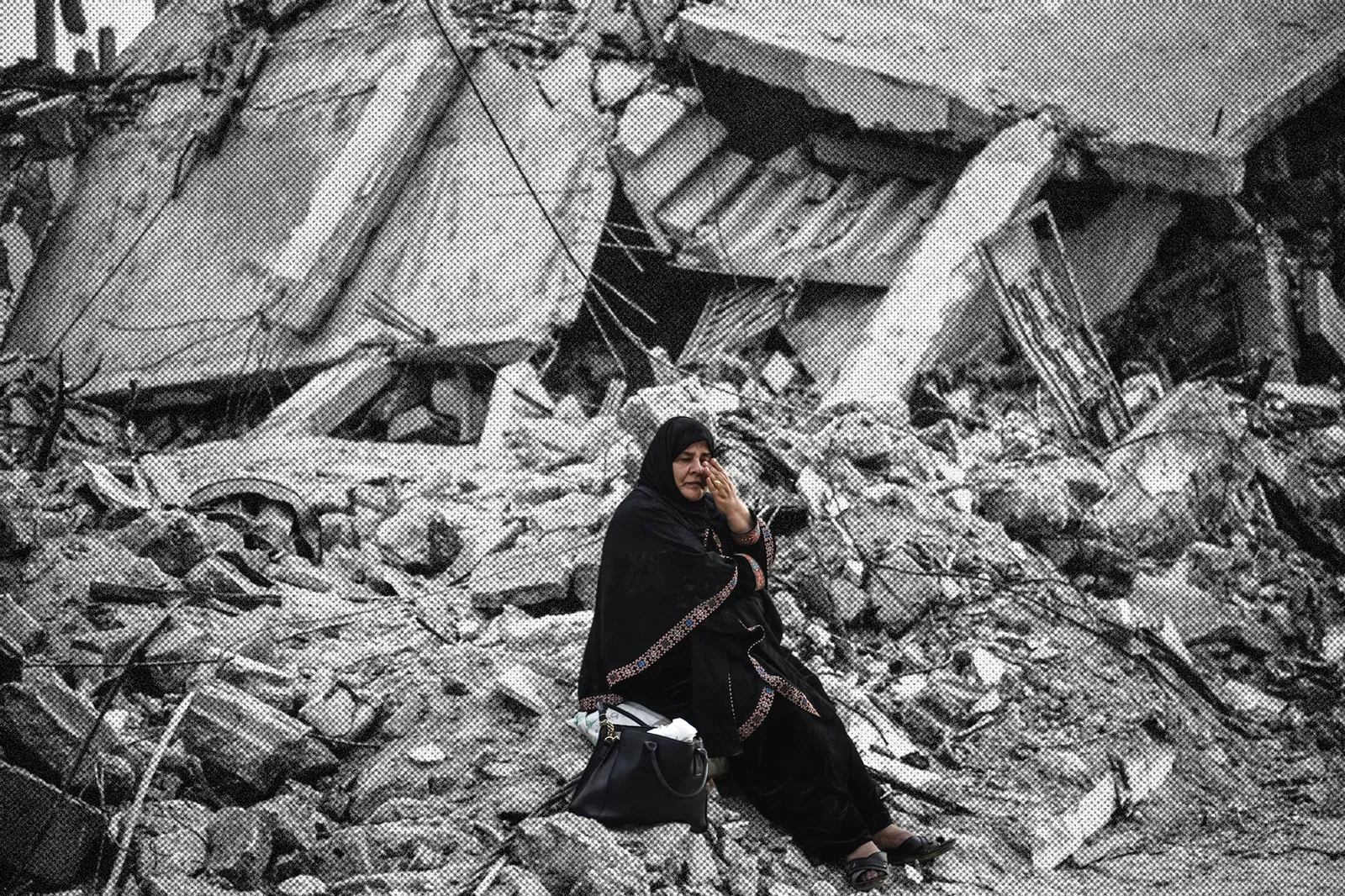
A grieving woman sits amidst the rubble of destroyed buildings in Gaza, Palestine.
The key to a world stuck in crisis mode
Crises are not just disasters—they can also provide the seed of change that prompts us to rethink and reshape the future. Women’s leadership, knowledge and talent are indispensable in these processes and must be recognized and embraced, yet women are often excluded from decision-making in peace and security efforts. UNDP is working in 25 countries to change this, advancing women’s leadership and equal participation in mediation, reconciliation and peace-building efforts. Because studies have shown that when they do participate, as they do in Somalia, peace processes are more likely to succeed.
Investing in equality is key to unlocking progress on climate change and building strong, resilient, and inclusive societies and economies.
UNDP is working to dismantle the barriers holding back progress, protecting space for women’s civil society, promoting voter registration across the world and empowering women innovators in countries such as Malawi.

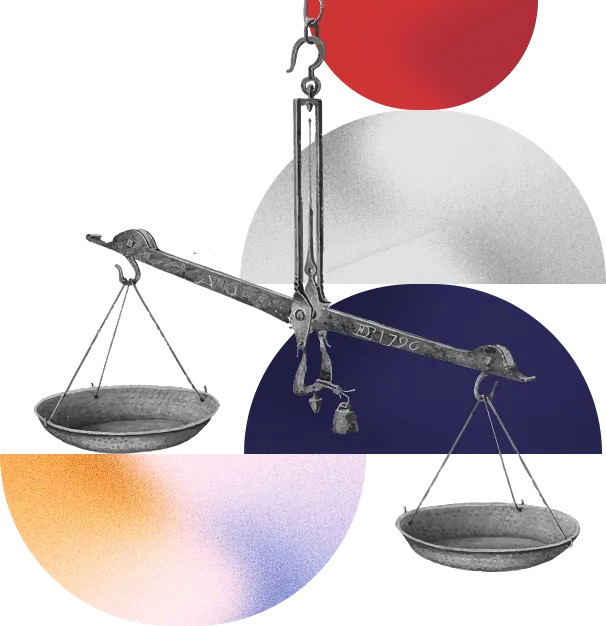
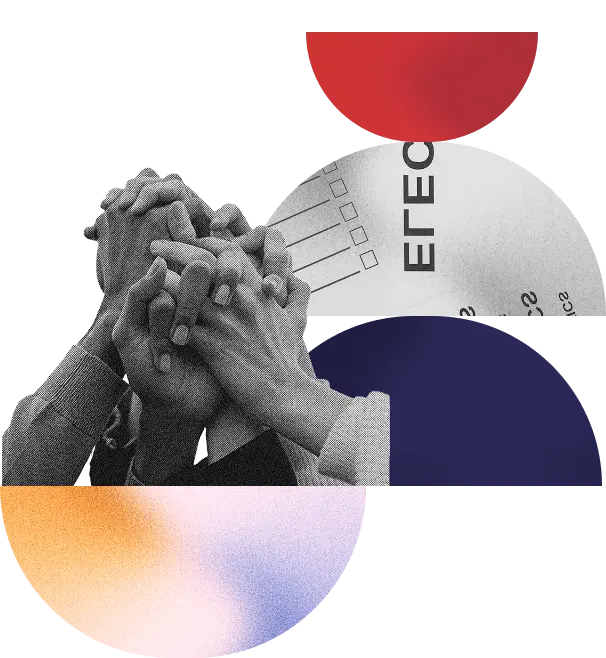

Fatuma is one of over 250 strong women leaders who are part of women’s networks across Somalia. With support from the UN, these networks play a vital role in building peace within their communities.

A defining year…if
From Beijing+30 to the International Conference on Financing for Development, to the 25 years of the Women, Peace and Security Agenda, to climate negotiations in Brazil, we have an opportunity to ensure equality is at the centre of economic, social and environmental policy negotiations.
UNDP has decades of experience to show that everybody benefits when there’s more investment in women and girls.
Our 1995 Human Development Report, which coincided with the Beijing Declaration, carved out new ground, introducing new metrics of gender inequality for better policymaking.
With the United Nations family, we stand firmly behind the equal rights of women and girls, which lie at the heart of the three pillars of the United Nations: peace and security, human rights and development.
The UN Gender Equality Acceleration Plan requires all leadership to act urgently in all countries to ensure women’s meaningful participation, protection and rights. It seeks to continue to transform the power dynamics, leadership priorities and structures of the UN to deliver for women and girls.
The 30th anniversary of the Beijing Declaration and Platform for Action is a wake-up call for the world.
It’s a critical moment to reflect on progress, challenges and our power to shape our future.
With the right decisions and investments, we do not have to wait 137 years to eradicate extreme poverty among women. Women do not have to do more care work, earn less pay and have fewer legal protections. The answers and resources exist to reject these bleak projections.
From transforming economies to empowering women’s voices, with the support of our partners, UNDP’s work in 170 countries shows how investments in women and girls are changing lives and helping to build a brighter future for everyone. Most importantly, it shows that we can choose a different path. 2025 is the year for the world to collectively agree that we must.
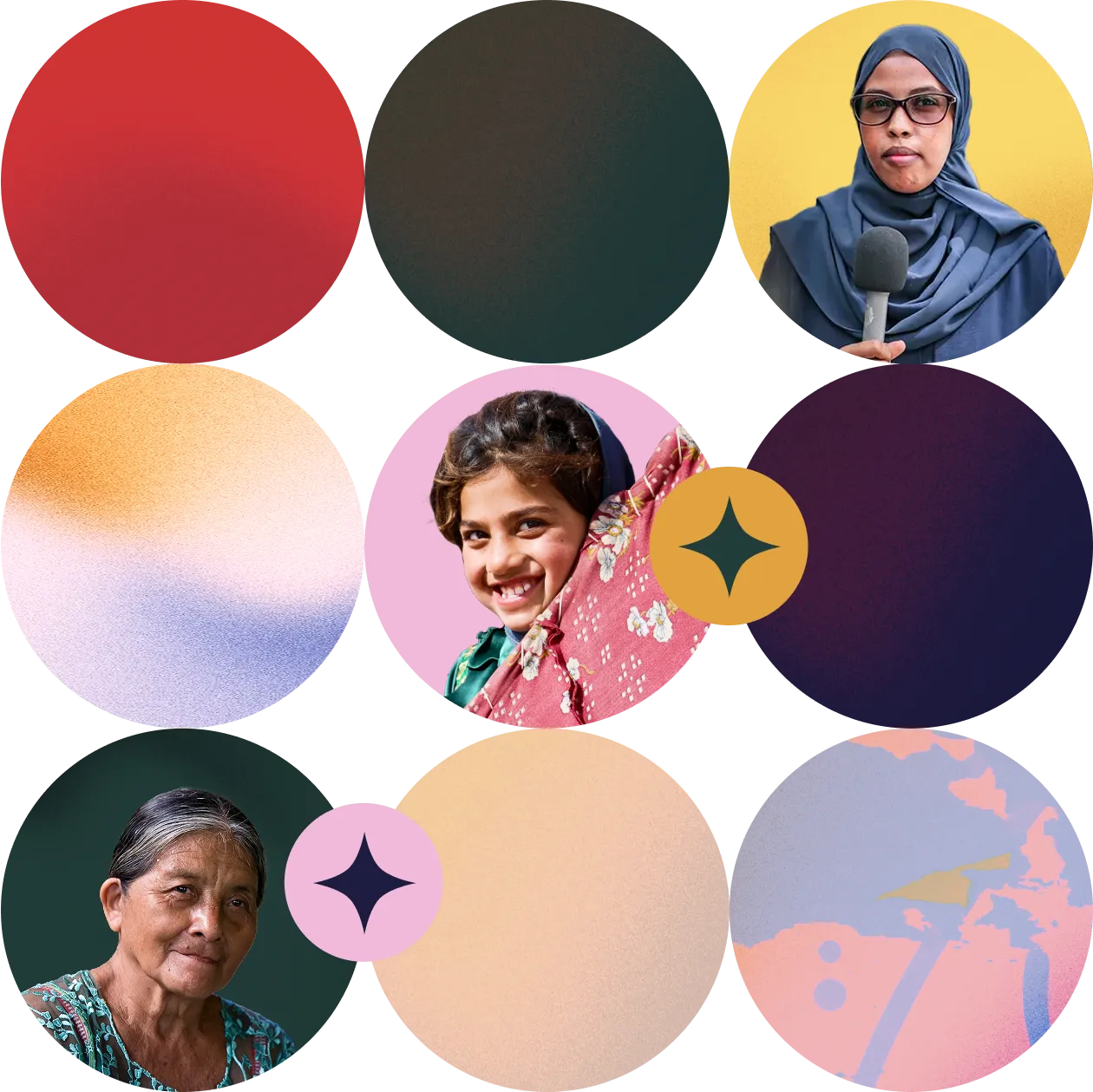

Join the
conversation
Share this story

